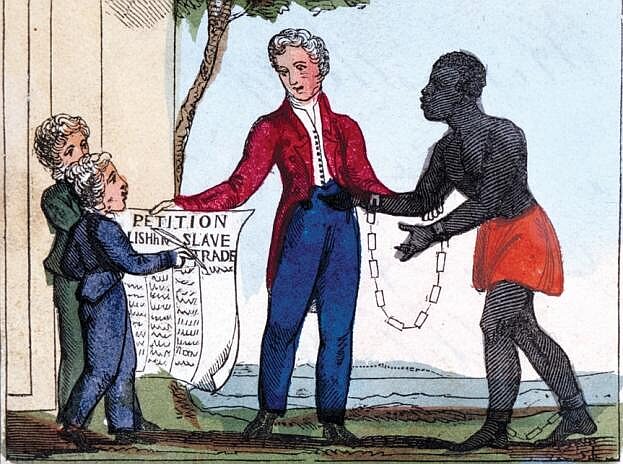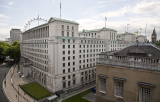
Caribbean leaders will arrive in Britain this week for what officials describe as a decisive round of talks on slavery reparations, marking one of the most coordinated diplomatic efforts yet by
nations seeking redress for the transatlantic slave trade.
A delegation representing the Caribbean Community (CARICOM) will meet UK ministers, lawmakers, and civil society organisations from November 17 to 20. Their mission: to press for a structured negotiations framework addressing what they call the “enduring damage” of slavery and colonialism.
A detailed reparations roadmap
The visit is anchored in CARICOM’s well-established ten-point reparations plan, which calls for a comprehensive package that includes:
- A full formal apology from the British government
- Cancellation of historical debts that burden Caribbean economies
- Financial compensation
- Educational and development programs aimed at repairing generational harm
The commission argues that the legacy of slavery—economically, socially, and psychologically—remains central to the region’s modern inequalities. Historians estimate that at least 12.5 million Africans were forcibly shipped to the Americas by European powers between the 15th and 19th centuries, with Britain alone transporting more than 3 million people to the Caribbean.
UK reluctance meets growing global pressure
British leaders have long expressed unease with formal reparations talks. Prime Minister Keir Starmer has previously signaled a desire to “look forward,” cautioning against what he described as open-ended debates over historic injustices.
Yet internationally, the reparations movement is gathering speed. The African Union is developing its own formal strategy, adding weight to calls for global accountability for colonial-era crimes.
Public awareness remains a key obstacle. A 2025 poll by The Repair Campaign found that 85% of UK respondents did not know the extent of Britain’s role in the slave trade—a statistic CARICOM officials plan to highlight during public engagements throughout their visit.
As the talks begin, Caribbean leaders hope to shift the UK’s long-standing resistance and forge what they call a “new moral partnership” rooted in historical truth and justice. Photo by Amelia Opie (1769–1853), Wikimedia commons.









































